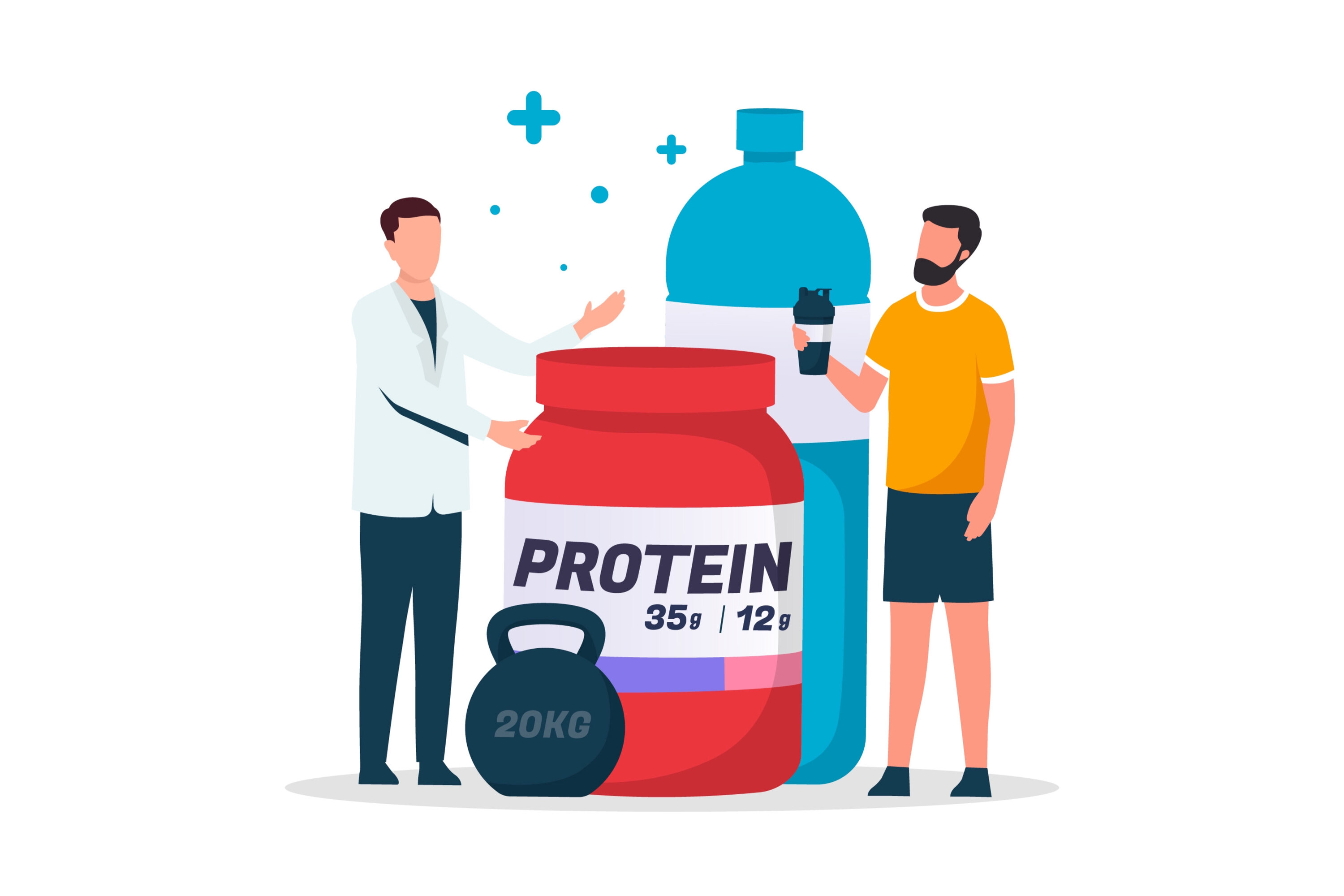Whey protein is a widely discussed term among fitness enthusiasts, sports persons and weight lifters. Whey protein is a favourite drink amongst all because of its quick protein release. It helps to recover muscles fast. But despite being everyone’s favourite, it raises many questions like, what makes it so great, what is the best form to take, what is the optimal time for it.
Grab your whey protein shake, and let's dive deep into the facts and health benefits of this powerful supplement.
What is whey protein?
Whey is derived from milk. During the process of converting milk into cheese, whey is separated from the solid curds. What remains is a liquid from which solid curds have been removed.
This liquid then undergoes several refining processes to produce the whey protein powder that we're familiar with. This tasteless powder can be incorporated into bars, shakes, and even baked goods.
What does whey protein do to your body?
For beginners, whey is a complete protein, which means it has all the nine essential amino acids our body needs for protein synthesis. We call them necessary because our body cannot produce them on its own and we need to consume them from diet.
In particular, whey contains leucine, isoleucine, and valine, three essential amino acids known as BCAAs. It also serves as an energy source during prolonged or intensive workouts, enabling you to build and maintain muscle.
What are the health benefits of whey protein?
- Improves performance in resistant training: Whey protein combined with resistance training will help to gain greater muscle strength and size.
A study published in the International Journal of Sports Nutrition and Exercise Metabolism concluded that those who were supplemented with whey protein during resistance training had an almost 5 % (or 5.5-pound) greater increase in lean tissue mass compared to those who didn't supplement.
- Helps with healthy weight loss: Protein is good for healthy weight loss, as it is the most fulfilling macronutrient as compared to carbohydrates and fats. A higher protein diet combined with a low-calorie diet helps to lose weight in a healthy way. A higher protein diet helps to boost metabolism, leading to long-term weight loss.
- Helps to reduce hunger: Whey protein helps to reduce hunger as it's one scoop gives around 20-25 gm of protein. Along with healthy weight loss whey protein has been shown to increase satiety and reduce short-term food intake.
When and how to take whey protein?
The post-workout period is the prime time for whey protein intake. After an intensive exercise session, muscles require fast-acting proteins for repair, and whey offers just that.
Additionally, consuming protein first thing in the morning can be beneficial. After a 7-8 hour sleep, our body emerges from a fasting state and requires immediate nourishment. Here too, whey protein proves invaluable.
The versatility of whey makes it a powerful nutritional supplement. It is a great appetite-curbing snack between meals.
Conclusion
Whether you're aiming to gain muscle, shed pounds, or maintain a healthy weight, whey protein can be a potent ally. Even those not engaged in regular workouts can incorporate whey protein into their daily regimen to ensure adequate protein intake.

